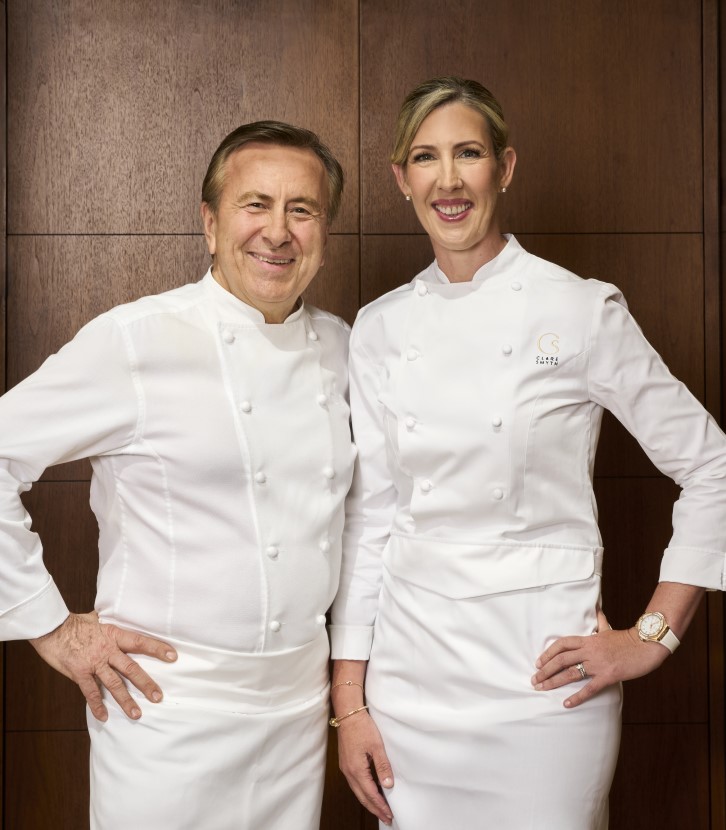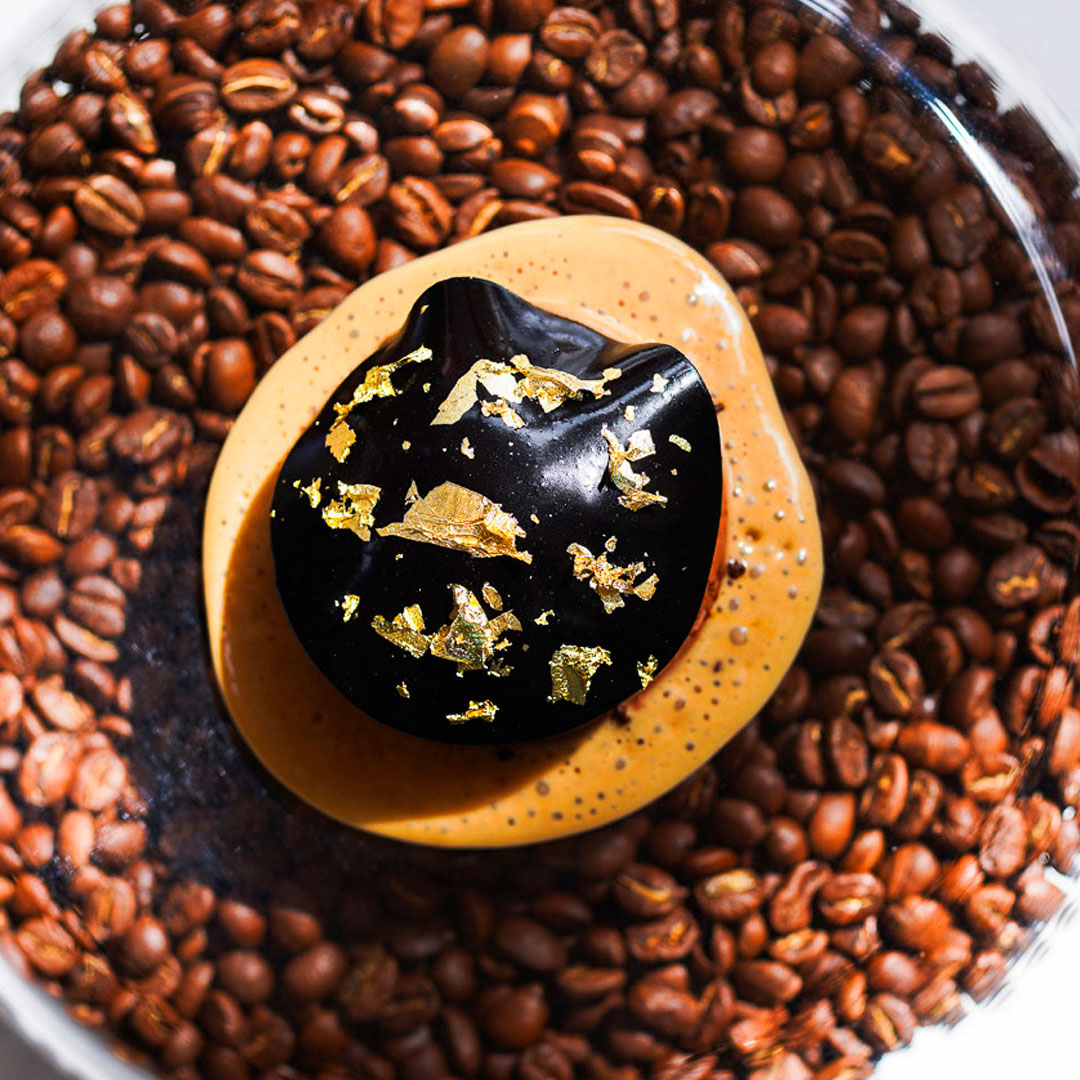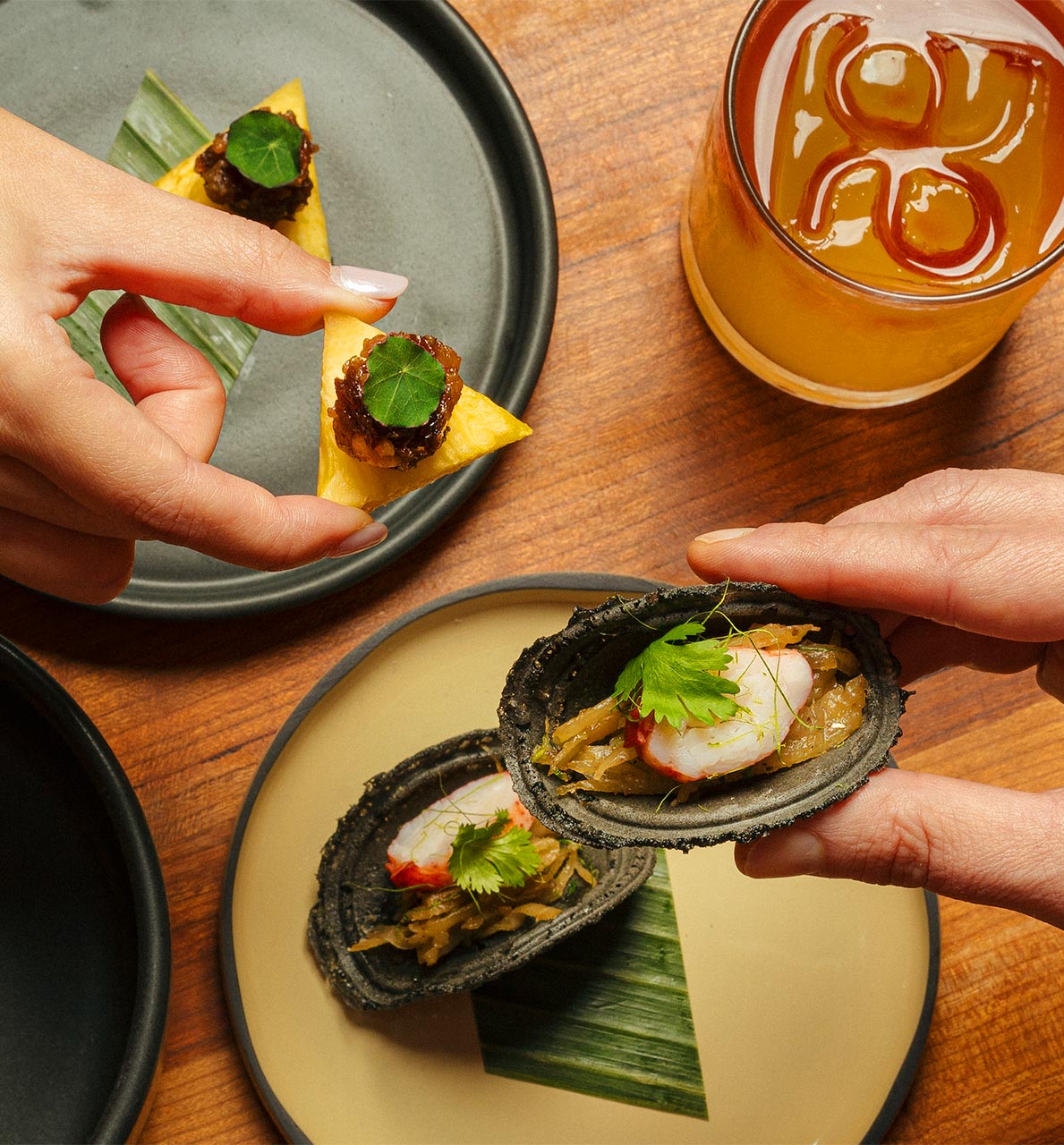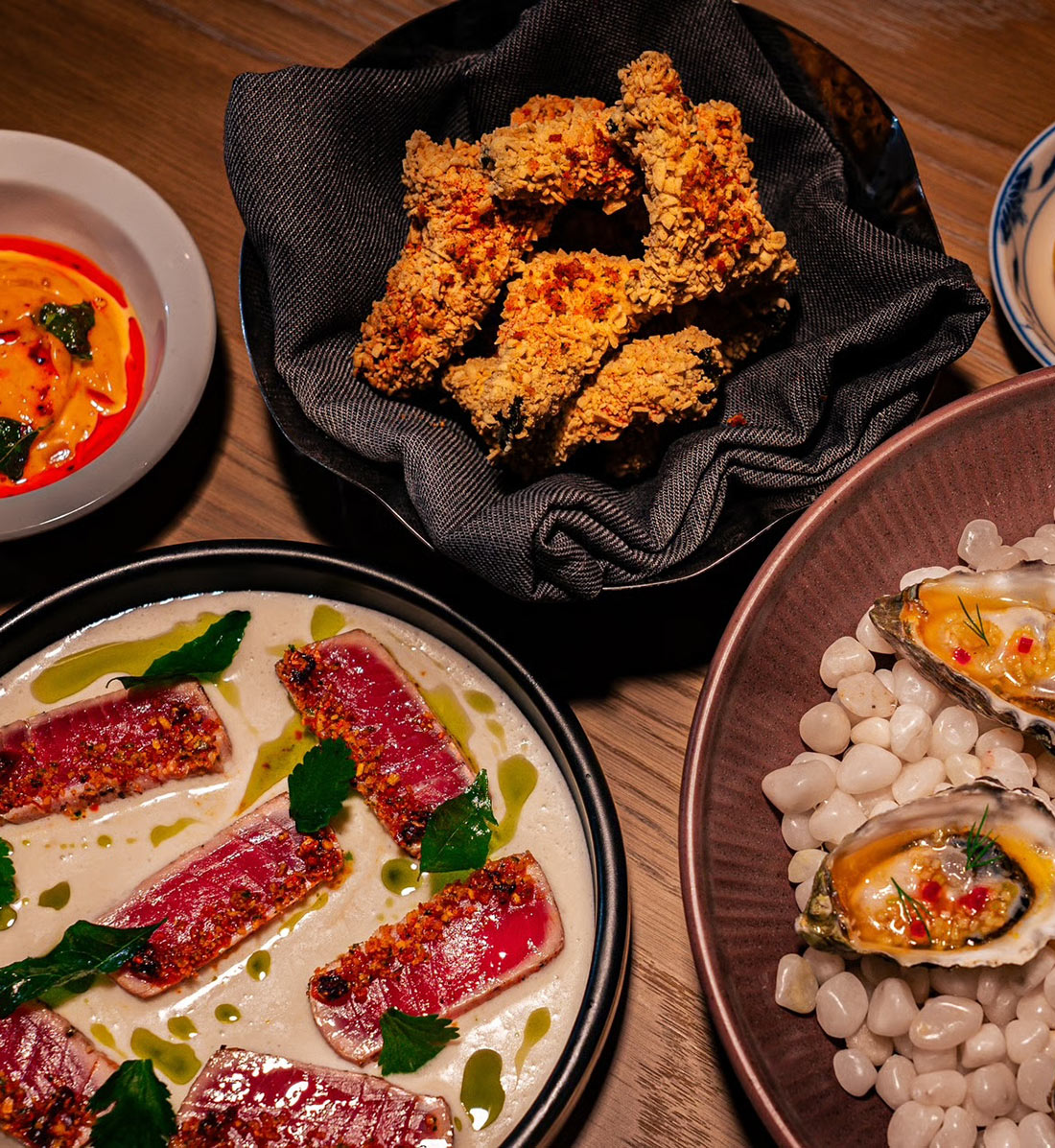In the midst of California adapting to an increasingly unpredictable series of weather patterns over recent years—devastating wildfires, persistent drought, and a barrage of atmospheric rivers—a heat spike took winemakers by surprise, many losing tons of grapes in a matter of days. Faced with a countless amount of grapes irreversibly raisined by the sun, Aperture Cellars in Sonoma County went the sustainable route and partnered with local chefs to repurpose the loss into delicacies as enjoyable as the wine they would have otherwise turned into.
September 2022 saw record-setting temperatures reach 114°F (approx. 45°C) in Sonoma County, while they soared over 120°F (approx. 49°C) in neighboring Napa County. The timing of the heatwave was late in the growing season, but before harvest took place, causing the nearly-ripe grapes to over-ripen. “Anything that was exposed in the afternoon essentially evaporated and instantly turned into raisins,” says Jesse Katz, the winemaker and founder of Aperture Cellars.
Fortunately, Katz designed the winemaking facility with climate change in mind, and was able to precisely separate the raisined fruit from the usable grapes, so as not to impact the vintage. However, the unprecedented abundance of raisins meant Katz had to find another solution from their existing one. “I was really concerned about how much sugar was going to be in the compost,” says Katz. “So I started reaching out to my friends who are chefs and asked, ‘Hey, we have literally tons of raisins coming off our sorting table. Are you guys interested?’” And a new approach to managing food waste caused by climate change was born.

Chef Kyle Connaughton, owner of MICHELIN Three Star and Green Star SingleThread, was the first to incorporate Aperture Cellars’ raisins into their service. “We took the grapes each day from the sorting table that weren't pressed for wine—because they were starting to raisin—and we pressed them at [SingleThread] in a cider press to get the juice,” explains Chef Connaughton. “We mixed that juice with sparkling water and served it as the welcome beverage for about two weeks.” It was well-received by guests, who can continue to enjoy Aperture Cellars’ Bordeaux style wines (in their traditional form) when dining at SingleThread.
Nearby at Valette and The Matheson, Chef Dustin Valette was similarly excited about the chance to give new life to Aperture Cellars’ raisined fruit. “We used it for both sweet and savory,” Chef Valette says. First, he added it to Valette’s house made mustard, which always features a seasonal fruit. “We made this amazing, freakin’ delicious Cabernet mustard. We made this tight glaçage—or reduced, fortified stock—with grape, and then we took pickled mustard seeds, and we puréed it together.” And it was absolutely delicious.
For the sweet approach, Valette made an elevated version of PB&J, with white chocolate financier as the “bread”, a hazelnut butter in lieu of peanuts, and the Cabernet glaçage as the jelly element. Rolled into a pinwheel, and served alongside house made sparkling grape juice, this dessert ensured those raisins met their full potential.
Although neither the chefs nor Katz hope for future grapes to be lost to irregular heat again, it has sparked inspiration for how foodway elements can be given new life instead of heading to the compost heap. “I really wanted to do something that we could enjoy the fruits of labor from,” Katz remarks, and by partnering with some of the best chefs in the region, they were able to create a new approach to how wine can be infused into the haute gastronomy experience.
Hero image: Courtesy of Aperture Cellars




















